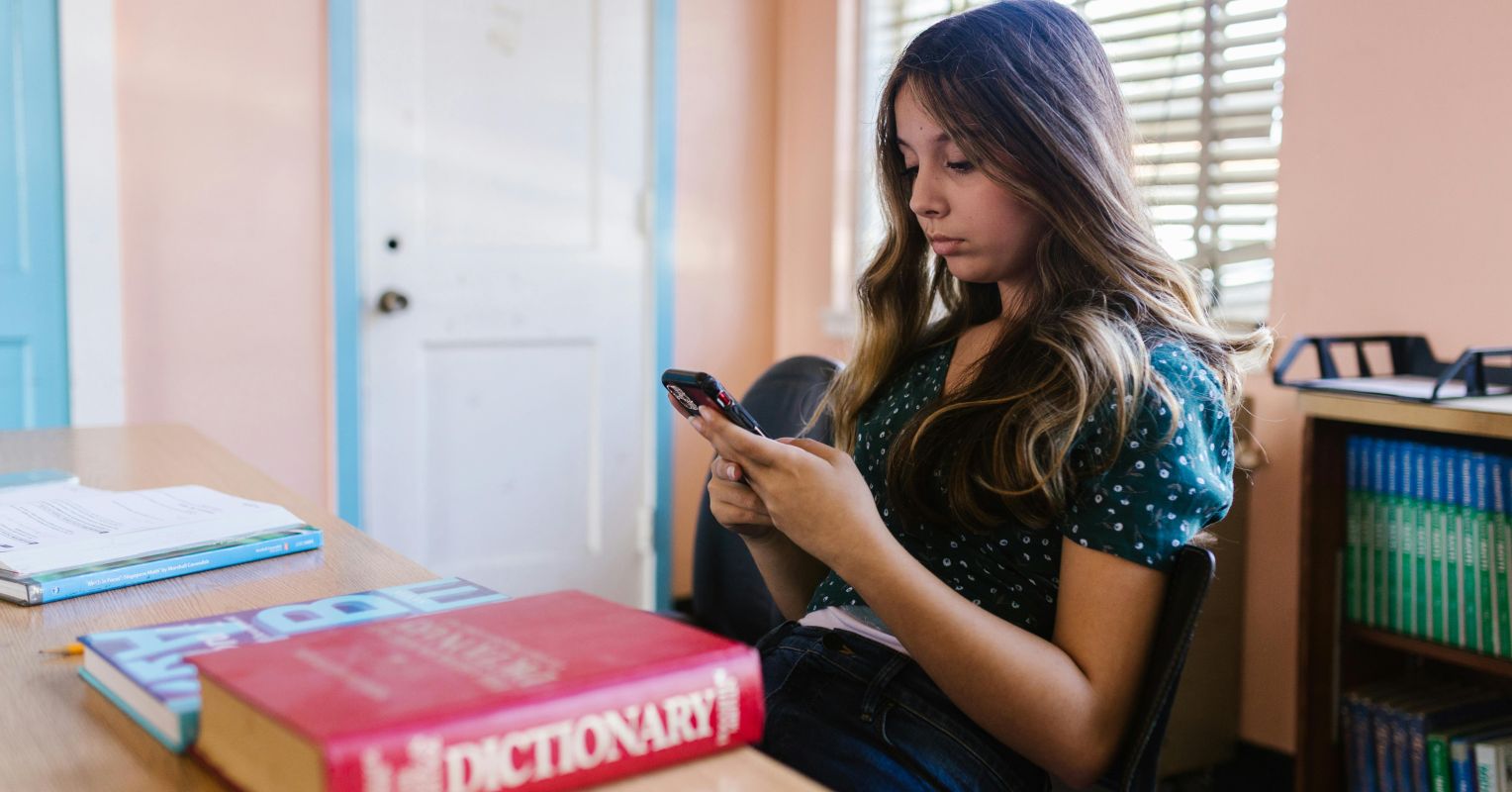
This is Part 2 of a series on phones at school.
In my previous post on the topic of phones in schools, I wondered why we haven’t already helped kids avoid distraction by putting smartphone bans in place at all schools. UNESCO has recommended that this be done worldwide 1and there are a large number of studies demonstrating why this is important.2,3
In researching the answer to this question, I found out that while some states have put legislation in place allowing school districts to enact smartphone bans at school, there are parents who are against this—and some have even sued school districts.4
Coincidentally, today I received a notification from Delaney Ruston, M.D., who writes the blog Screenagers on just this topic.5
She writes that one reason some parents do not like the idea of kids not having their phones with them during the school day is that the parents think it is safer for them to have their phones in case of a school emergency. They want their children to be able to contact them.
Ruston has called for a national survey on this question, but in the meantime, before such a study can be carried out, she did a little survey of her own—not scientific—but meaningful nonetheless. She asked numerous people what they thought.
These are some of the responses she received:
- Superintendent
“We had a real-time emergency…We went into lockdown, and moments after that, students started communicating with their parents, texting, and calling from their cell phones. As a result, our first responders were arriving at the school, and we had parents lined up in our driveway, and the first responders literally couldn’t get their vehicles to our school. The driveway was backed up all the way to the street.”
- Police Officer
“I do not like children having access to their phones directly in school because of the safety aspect of it. You can’t get away from the information or the misinformation that gets presented. The slightest little rumor of a threat or the slightest statement that gets made, which isn’t investigated, leaves the school quicker than the police even get notification or before staff gets notified.”
“Even recently, we’ve experienced things like where we’re investigating one incident or one potential threat. Something else is being relayed that we weren’t even aware of through social media. And it’s leaving the school before our school resource officers were even aware that it had occurred.”
- Elementary School Principal
“When I was a principal at a high school, we had a lockdown occur one time, and because all of the students got on their phones immediately, the network of the school crashed, and then none of our phones worked.”
“I am not a proponent of cell phones, especially during an emergency situation.”
- School safety expert who consults with schools across the country
“One of the biggest arguments parents have is that kids should have access to phones, especially high school, during the day in the event of an emergency and a security breach. And, we tell them, no, the first thing we want to have is first responders in the building as soon as possible. We have to speed up our responses to emergencies, not slow them down.”
“I would like to see a policy where there’s no phones allowed, bell to bell. Period. Put in the lockers or some other kind of system where there’s accountability that those kids can’t access them.”
So, here are some experts, people on the ground taking care of kids and in charge of public safety, who say that phones do not make kids safer at school.
Other important points to consider:
- The use of cell phones during unfolding school emergencies can distract students from what they are being told to do by school staff to preserve their safety.
- Phones can be used to spread rumors and false information about an emergency, and this can get in the way of an effective public safety response.
- Phone calls from students may encourage parents to come to the school during an emergency, thus hampering police and ambulance access to the school.5
Beyond the potentially negative effects of cell phones during emergencies, students have used cell phones to make bomb, shooting, and individual threats to other students. Phones have also been used for cyberbullying and for instigating and organizing fights and other safety disruptions at school.5
So, now that you have heard some of the reasons why smartphones may not actually make children safer at school, what do you think?
